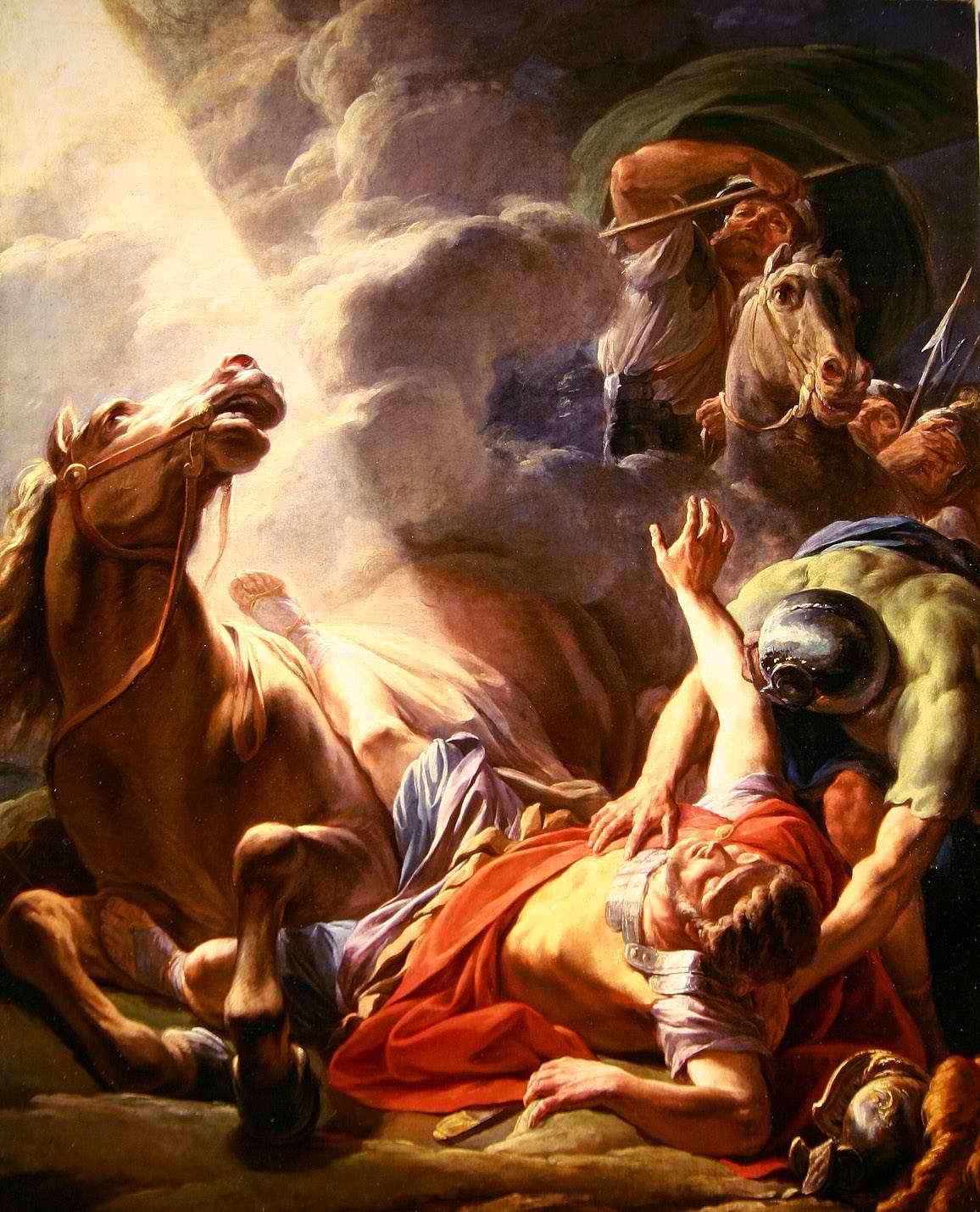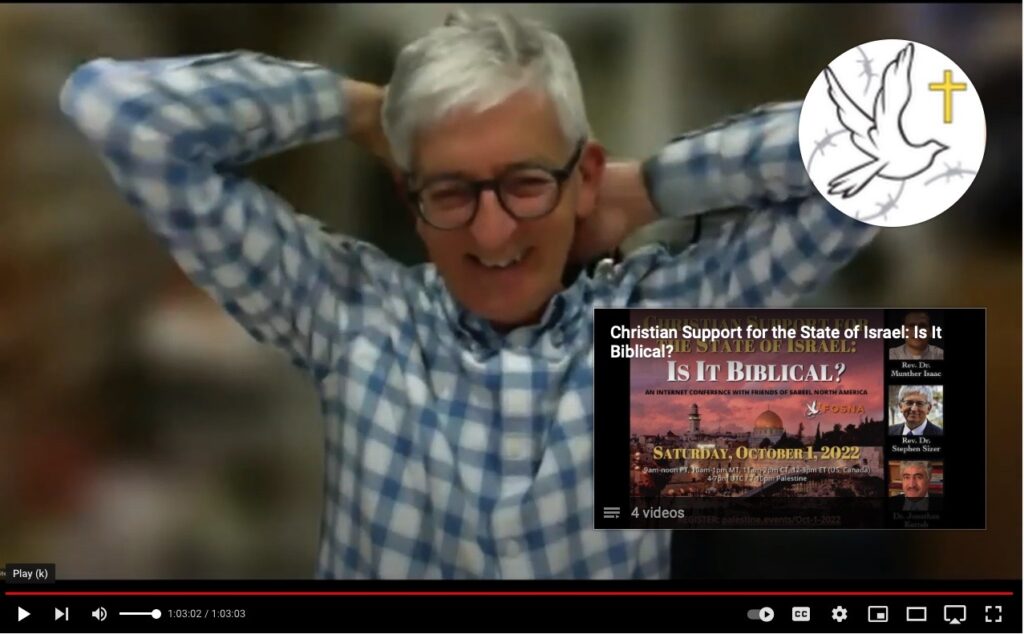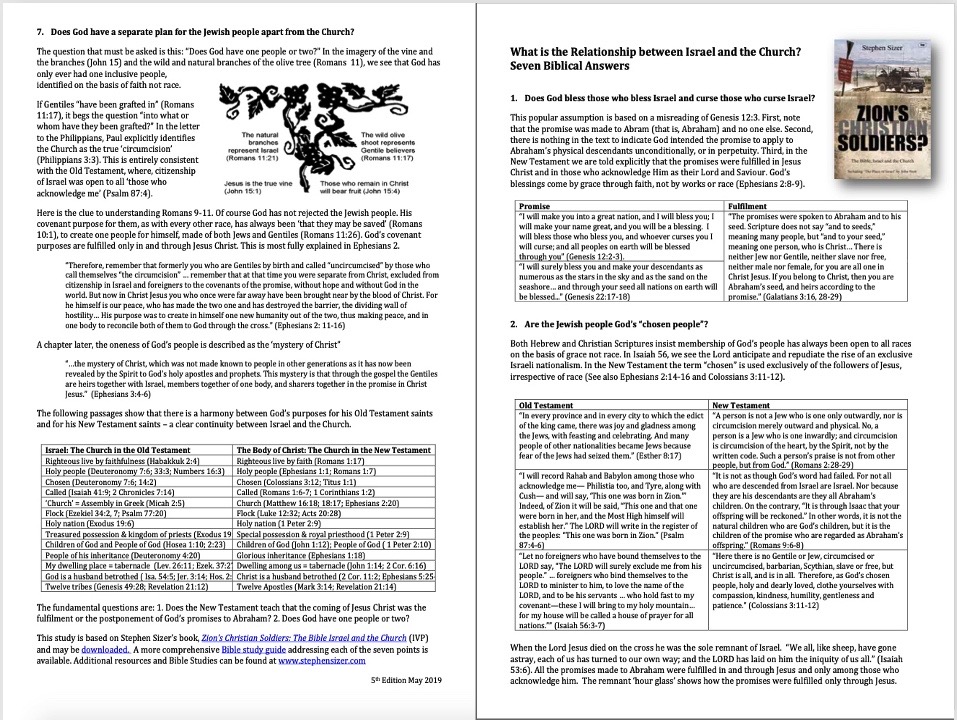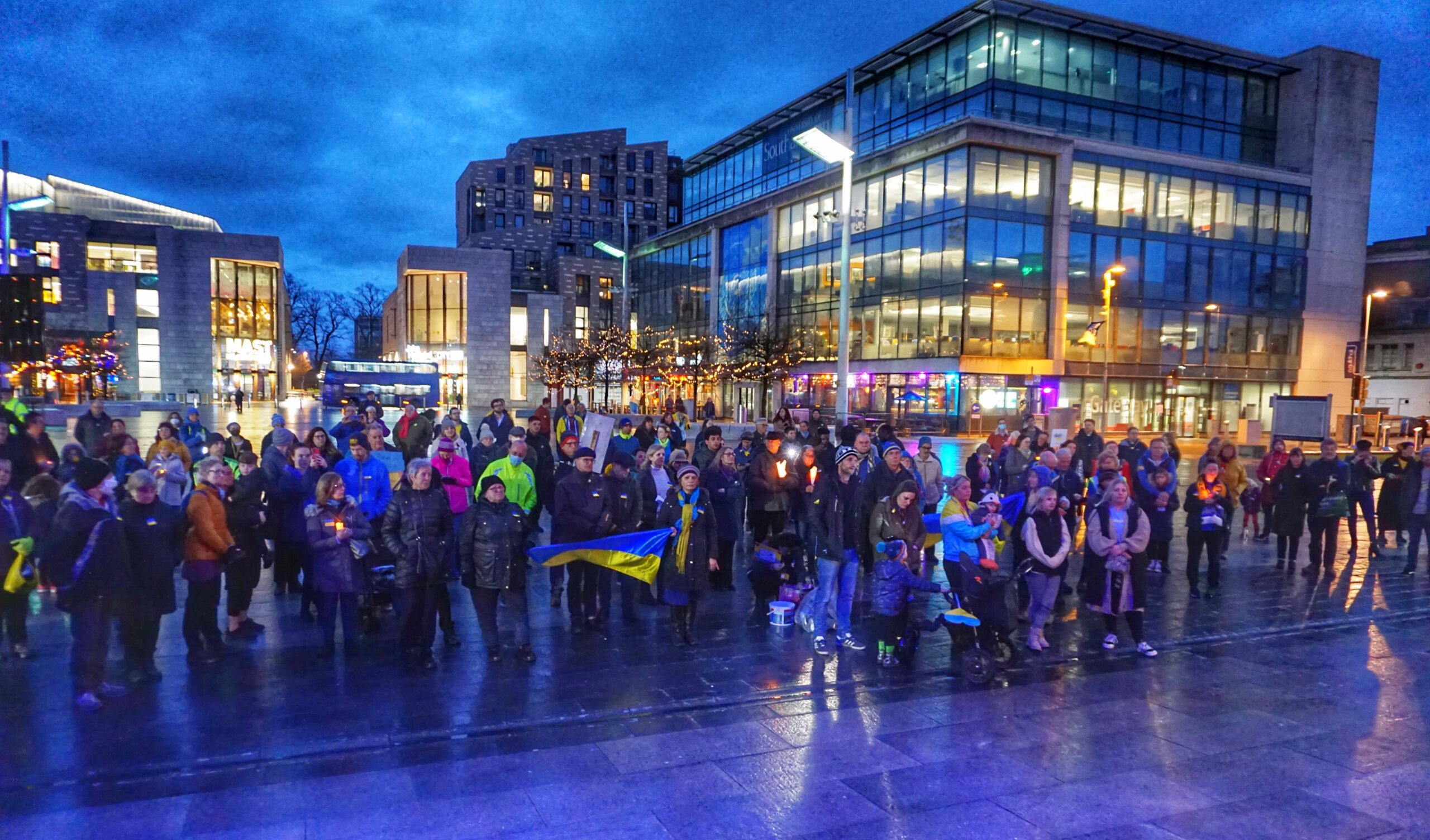They say you never get a second chance at a first impression. But first impressions can sometimes be rather superficial. And that is also true when people think of Jesus. What were your first impressions of Jesus?
My first memory of Jesus was around the age of six when I first attended Sunday School. I remember two things: Singing the chorus, “Jesus loves me this I know…” and a large painting of Jesus on the wall. Jesus was holding a lamb in his arms surrounded by lots of little children my age – except strangely unlike my Sunday school class, they were all different colours. There was an African child, a Chinese child, an Indian child, a Native American child and many others that were different to me. But I do remember, reassuringly that Jesus had long golden hair and a blond European complexion. My first memories were of a white Jesus and for many of us that is our unconscious default view we carry we carry with us through life. Comforting it may be until we encounter someone with a different religious heritage. William Blake described the dilemma we face.
Category Archives: Bible
Strong Reproofs for a Scandalous Church
My first parish as a young enthusiastic priest was St John’s, Stoke, in Guildford, Surrey. It is situated next door to Guildford College. In my time there as Rector, we held occasional events for students and faculty. Previously I had spent four years working as a student pastor so when the chaplaincy of the college fell vacant I asked my Bishop whether the two posts could be combined. We heard nothing for months. Eventually when I pressed the Archdeacon, I was told that it was considered inappropriate for an evangelical to be appointed as the chaplain to an academic institution. Then when I proposed undertaking a part-time post graduate degree I was asked by the Director of Training, rather cynically, was I going to buy it from America? That was all the motivation I needed to pursue a Masters from Oxford and then eventually a PhD.
I can therefore relate to how the Apostle Paul must have felt when he was mocked by the Christians in Corinth for his lack of eloquence or oratory skills. Let me read to you from John Stott’s book “Calling Christian Leaders” (IVP)
Continue readingBecoming a Person of Extraordinary Influence
“I was sitting in a barber chair when I became aware that a powerful personality had entered the room. A man had come quietly in upon the same errand as myself to have his hair cut and sat in the chair next to me. Every word the man uttered, though it was not in the least didactic, showed a personal interest in the man who was serving him. And before I got through with what was being done to me I was aware I had attended an evangelistic service, because Mr, D. L. Moody was in that chair. I purposely lingered in the room after he had left and noted the singular affect that his visit had brought upon the barber shop. They talked in undertones. They did not know his name, but they knew something had elevated their thoughts, and I felt that I left that place as I should have left a place of worship.” Who said that? Woodrow Wilson, the former President of the United States.
Continue readingHow to Avoid Burnout

Unless you benefit from annual winter breaks in the sun, February is not necessarily a month we look forward to here in the UK. The long-range Met Office forecast invariably predicts cold and wet weather. It is still dark when you get up, the days are short and summer seems light-years away.
Add the usual pressures and stresses of a post-Christmas hangover, especially when the credit card bills arrive, and it’s easy at this time of year to run out of emotional energy.
For most of us, the weather and time of year just makes us feel low, vulnerable to colds or irritable. For some it may become clinical. Whatever you call it … depression, “burnout”, or “the blahs”… it is an inescapable warning light that something is out of balance in our lives.
Burnout is associated with situations that can hit us ay any time of year in which we feel:
- overworked
- underappreciated
- confused about expectations and priorities
- concerned about job security
- overcommitted with responsibilities
- resentful about duties that are not commensurate with pay
Burnout can occur when we feel we are unable to meet constant demands, and we become increasingly overwhelmed and depleted of energy. Debilitating sadness, anger or indifference can set in. The modern work-place is notorious for exacerbating the causes of burnout.
Continue readingChallenging Apartheid: Four Bible Studies

In Advent last month, I prepared four Bible studies for Sabeel-Kairos UK as a resource to enable churches to engage with scripture and challenge apartheid. Although prepared for Advent, it is hoped you will find them a useful resource at any time.
Zionism and Apartheid
Colonialism and Apartheid
Militarisation and Apartheid
A Future without Apartheid
This is a more detailed resource tracing the history of apartheid in South Africa
The Beatitudes: The Christian Manifesto
This is a poignant week for me. The 31st January is the 70th anniversary of the 1953 floods that devastated the coastal communities of East Anglia. A confluence of two weather systems – one in the English Channel and the other in the North Sea, caused a a storm surge. The abnormal rise in sea levels brought death and destruction all along the East coast, the worst floods in living memory. During that raging storm out to sea, the Lowestoft trawler Guava sunk without trace. My uncle Edward Sizer was one of the eleven crew who never returned home.

Where do you find your security in the storms of life? Where do you find peace of mind in an uncertain world? How can you experience joy in a scary world?
Continue readingChristmas According to Paddington Bear

Trains were humming, loudspeakers blaring, porters rushing about shouting at one another, and altogether there was so much noise that Mr Brown, who saw him first, had to tell his wife several times before she understood. ‘A bear? On Paddington station?’
Mrs Brown looked at her husband in amazement. ‘Don’t be silly, Henry. There can’t be!” “Seeing that something was expected of it the bear stood up and politely raised its hat, revealing two black ears. ‘Good afternoon,’ it said, in a small clear voice … The bear puffed out its chest. ‘I’m a very rare sort of bear,’ he replied importantly. ‘There aren’t many of us left where I come from.’ ‘And where is that?’ asked Mrs Brown. The bear looked round carefully before replying. ‘Darkest Peru. I’m not really supposed to be here at all. I’m a stowaway.'”[1] Michael Bond’s marmalade sandwich-loving Peruvian bear first sauntered onto the page in 1958’s A Bear Called Paddington.
Named after the London station at which he was found, Paddington has been delighting generations of children the world over, ever since. Now for the first time he is appearing in the cinema too. Paddington, is a charming and funny little adventure about a very polite and friendly bear who yearns for a new home in London. Harry Potter producer David Heyman says: “Paddington Bear is a universally loved character, treasured for his optimism, his sense of fair play and his perfect manners, and of course for his unintentional talent for comic chaos.”
Continue readingChristian Support for the State of Israel: Is it Biblical?

For Christians who believe that all are created in the image of God, with equal worth and dignity, what are we called to do for the people of the Holy Land? How can we be faithful and faith-filled peacemakers and justice-seekers? A presentation given during a recent webinar hosted by Friends of Sabeel North America (FOSNA).
In this conference, we considered how we can respond to Christian Zionist theology and bring love-inspired, biblically based teaching and action to our congregations and communities.
A summary of my presentation is accessible here

Looking Forward to Armageddon?
A presentation on the historical roots and political agenda of Christian Zionism given for members of Bath Friends of Palestine at the Bath Royal Literary & Scientific Institute in October 2022.
Christian Zionism has long been a powerful factor in the creation and maintenance of the state of Israel, but what exactly does it believe?
Dr Stephen Sizer examines the historical roots, theological basis and political agenda of a Bible-based worldview that today defends apartheid, denies justice to the Palestinians and only perpetuates conflict in the Middle East.
Palm Sunday: Citizenship in the Kingdom of Heaven

 According to the Mail on Sunday, “Thousands of Extinction Rebellion protestors including an Olympic gold medallist have staged a sit-down protest in Oxford Street and Regent Street, blocking traffic in the heart of London’s shopping district to call for no new investment in fossil fuels. The climate change activists gathered at Speakers’ Corner at Hyde Park on Saturday morning before marching into the centre of the city’s West End.” Climate Change is indeed a serious threat to the survival of planet earth. But only one person can save the world and that is Jesus.
According to the Mail on Sunday, “Thousands of Extinction Rebellion protestors including an Olympic gold medallist have staged a sit-down protest in Oxford Street and Regent Street, blocking traffic in the heart of London’s shopping district to call for no new investment in fossil fuels. The climate change activists gathered at Speakers’ Corner at Hyde Park on Saturday morning before marching into the centre of the city’s West End.” Climate Change is indeed a serious threat to the survival of planet earth. But only one person can save the world and that is Jesus.
Many people joined in the demonstration. Some were there on impulse. They were tourists or troublemakers. They joined in the demo. They took their photos. But they went home but soon forgot about it. Others were intentional. They planned to be there. They take climate change seriously and want to do something to help the most vulnerable nations. So there were the impulsive people and the intentional people at the demo yesterday.
It was the same on that first Palm Sunday. The crowds gathered when Jesus rode into Jerusalem. Why arrive on a donkey? Because King Solomon had done the same. Because Jesus the King was coming in peace. What did the people shout? Hosanna. What did this mean? “Save now” But not everyone in the crowd was serious. Some were there on impulse. They saw the crowds and thought Jesus could save them money. Change the government, lower the taxes and give them food to eat. Others were intentional. They recognised Jesus as the King of heaven. What did they do? Why? They lay down their lives to serve and follow him not just for one day but forever.
The same is true today. Some are here on impulse – maybe you saw the cars or crowds coming in and you thought – I’ll go and find out. That’s OK. Some may have come because of an invitation or the breakfast or fresh coffee. That’s OK too. We hope you will come back next week. Others are intentional. You planned to be here. You wouldn’t miss being with Jesus and his family on Sunday for all the world. So which are you? Impulsive or intentional? It depends on whether Jesus is your King? How do you become a citizen of a country? Normally you have to be born in the country to be a citizen. It’s the same with the Kingdom of Heaven. We have to be born again.
In the United Kingdom we also welcome people born elsewhere in the world who wish to become citizens (but only if they are from certain countries). The fortunate ones are expected to learn English and find out about our history, culture and values. It’s the same with the Kingdom of God. That is why we run the Christianity Explored Course to help people learn about citizenship in God’s kingdom. Sometimes countries also require you to give up your old citizenship first if you want to become a citizen of their country. It’s the same in the kingdom of heaven. We have to give up our old citizenship. The Bible tells us this is why Jesus came as King. He came to rescue us.
“For he has rescued us from the dominion of darkness and brought us into the kingdom of the Son he loves, in whom we have redemption, the forgiveness of sins.” (Colossians 1:13)
In the UK we also now ask new citizens to take part in a public ceremony and make a declaration to promise to abide by the laws of our country. It’s the same in the Kingdom of Heaven. In the Baptism Service when we repudiate our old citizenship to take on our new citizenship. These are the questions asked and answers expected:
Do you reject the devil and all rebellion against God? I reject them.
Do you renounce the deceit and corruption of evil? I renounce them.
Do you repent of the sins that separate us from God and neighbour? I repent of them.
Do you turn to Christ as Saviour? I turn to Christ.
Do you submit to Christ as Lord? I submit to Christ.
Do you come to Christ, the way, the truth and the life? I come to Christ.
Have you been baptised? We are having our next baptism ceremony on 7th June.
Some countries have a special day in the year when they celebrate their citizenship. In the United States it is the 4th July. In the Church, Easter is the special time of year when we remember Jesus death and resurrection and renew our faith in Jesus our king. Next Sunday as part of our Easter service we will be inviting you to reaffirm your citizenship in the kingdom of God expressed in membership of this local church. If you regard yourself as a citizen of heaven but have not completed the Electoral Roll form, please do.
How do we prove our citizenship when we travel abroad? We have to take our passport. It’s a document provided by the government to prove our identity as its citizens. Do you have your passport with you? Then I’d like to provide you with one. There is one in your weekly news.
In preparation for next Sunday I invite you to answer these questions and repudiate your membership of any other kingdom…..
Now lets declare our commitment to our King, the Lord Jesus Christ – intentionally and not impulsively. I invite you to sign your passport and carry it where ever you go. Be ready to show it to anyone who asks you about your citizenship. Give your life in total surrender and loyal obedience to your King. Not just for Palm Sunday but every day. And remember the good news is that anyone can become a citizen of the kingdom of heaven if they too recognise Jesus as their Saviour, Lord and King.
Lets pray.
